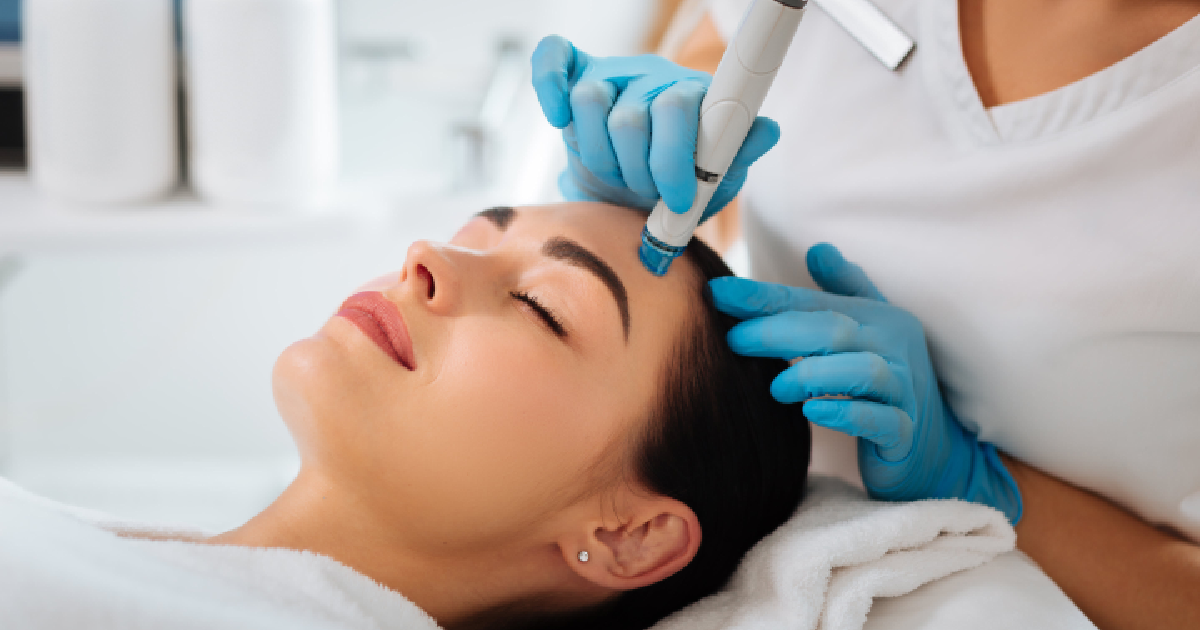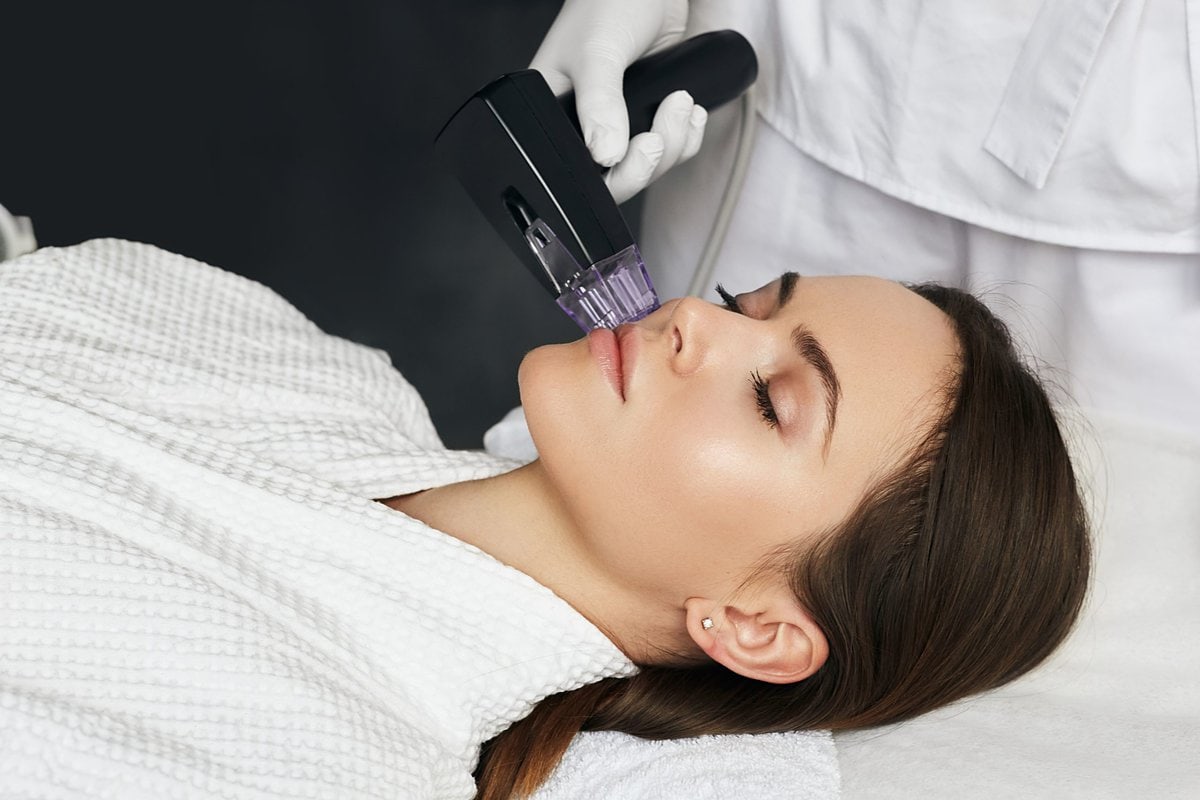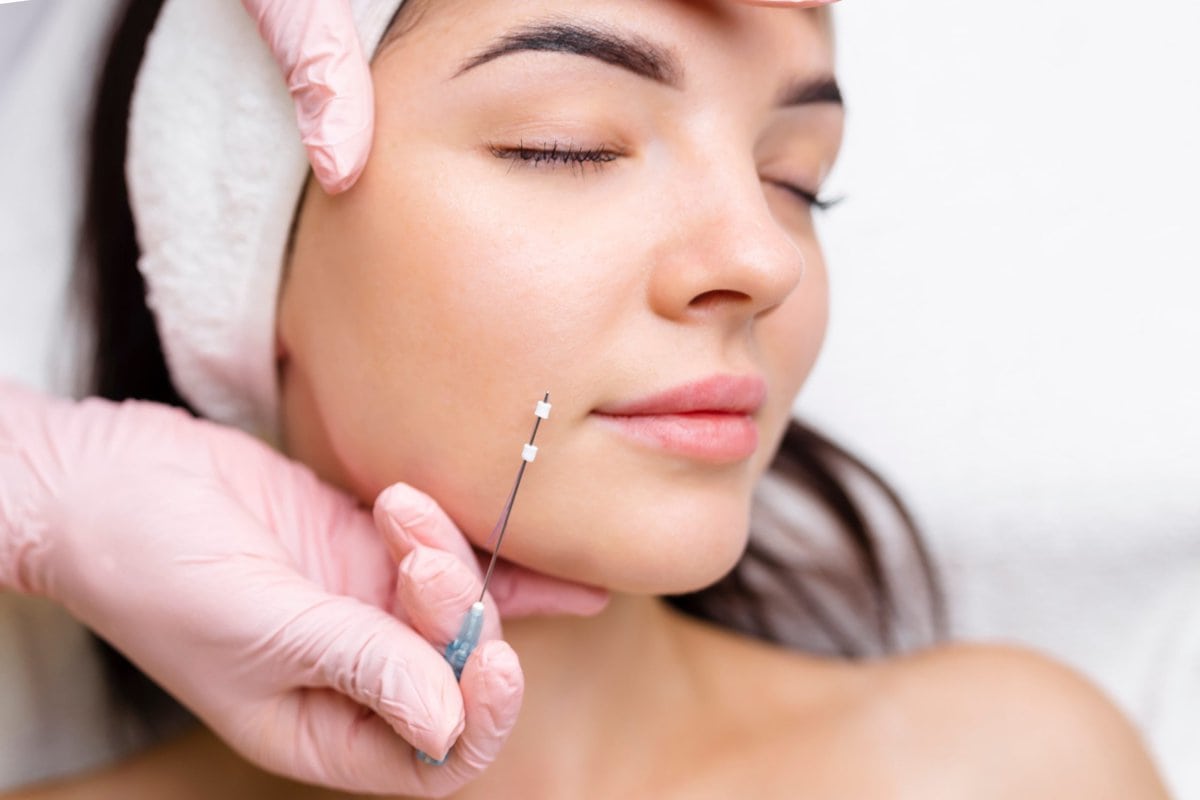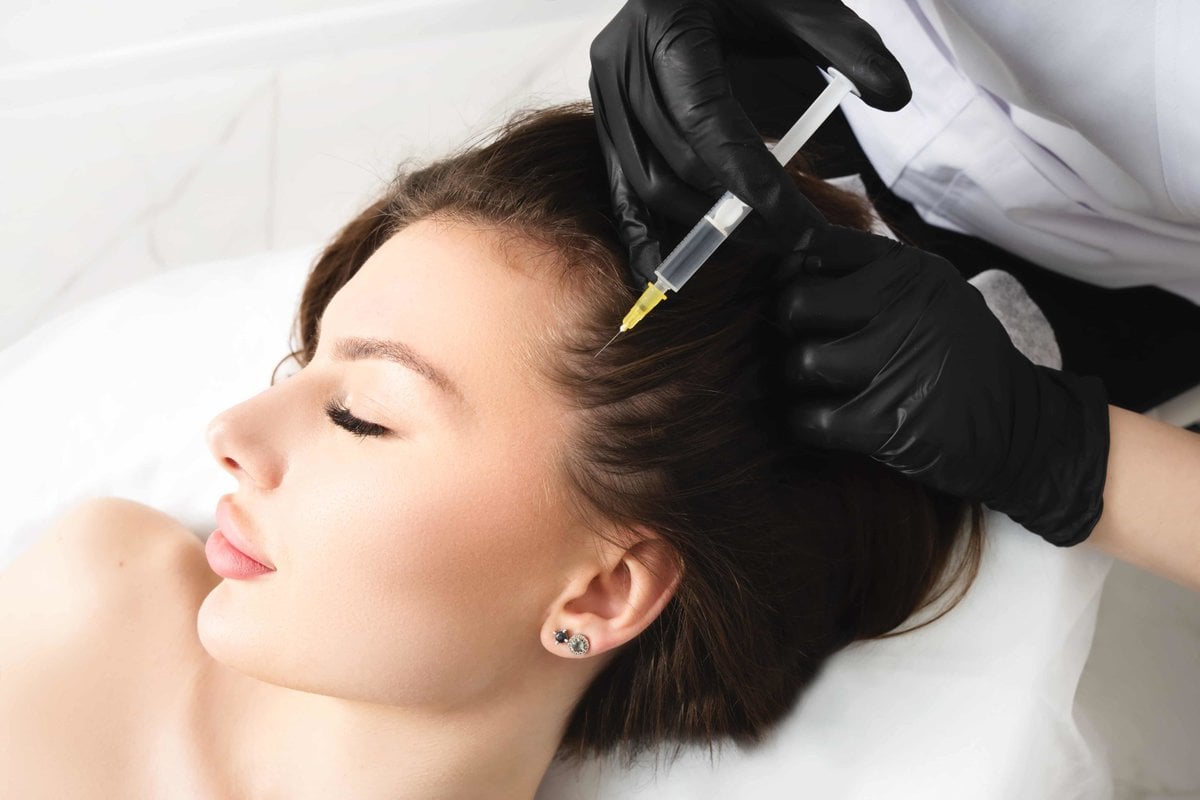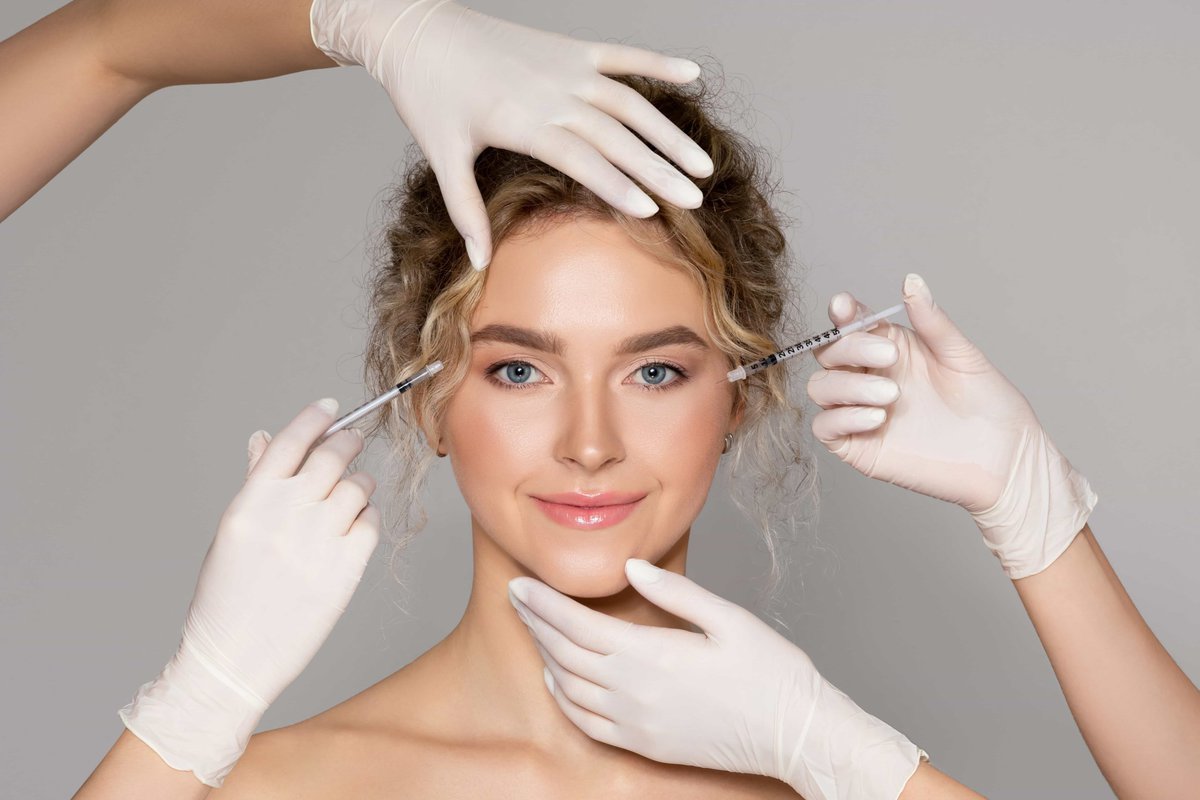What are Natural Growth Factors?
Natural growth factors refer to substances naturally present in the body and stimulate cell growth, proliferation, and differentiation. These growth factors are essential in various physiological processes, including tissue repair, wound healing, and developing and maintaining multiple organs and tissues.
Examples of natural growth factors include:
- Epidermal growth factor (EGF).
- Fibroblast growth factor (FGF).
- Insulin-like growth factor (IGF).
- Platelet-derived growth factor (PDGF).
- Transforming growth factor-beta (TGF-beta).
These growth factors are produced by different cells in the body and act on specific target cells through receptor-mediated signaling pathways.
In addition to their roles in normal physiological processes, natural growth factors have also been studied for their potential therapeutic applications. For example, growth factors such as EGF and PDGF have been used to promote wound healing. In contrast, others like IGF and TGF-beta have been studied for their potential in regenerative medicine and tissue engineering.
What can you get from Natural Growth Factors?
Natural growth factors can have various effects on the body, depending on the specific growth factor involved and the affected cells or tissues. Here are some examples of what natural growth factors can do:
- Promote cell growth and proliferation: Many growth factors stimulate the growth and division of cells, which can be necessary for tissue repair and regeneration.
- Stimulate wound healing: Growth factors like platelet-derived growth factor (PDGF) and transforming growth factor-beta (TGF-beta) can promote the new blood vessels growth and the formation of new tissue, which can help to speed up the healing process.
- Enhance muscle growth and strength: Insulin-like growth factor (IGF) has been shown to promote muscle growth and improve muscle function in some studies.
- Support bone growth and development: Several growth factors, including bone morphogenetic proteins (BMPs) and fibroblast growth factors (FGFs), play essential roles in bone growth and development.
- Regulate immune system function: Some growth factors can help to modulate immune system function by stimulating the growth and differentiation of immune cells.
- Support nerve cell growth and repair: Nerve growth factor (NGF) and brain-derived neurotrophic factor (BDNF) are growth factors that are important for the development and repair of nerve cells.
How do Natural Growth Factors Boost Hair Growth?
Natural growth factors can boost hair growth by promoting the health and function of hair follicles. These growth factors can work in several ways to stimulate the growth and proliferation of hair follicle cells. For example, some growth factors like epidermal growth factor (EGF) and fibroblast growth factor (FGF) can promote cell proliferation, increasing hair growth. Others, like vascular endothelial growth factor (VEGF), can stimulate blood flow to the scalp, providing essential nutrients and oxygen to the hair follicles. Additionally, natural growth factors such as insulin-like growth factor (IGF) can help to delay hair follicle aging by promoting the survival and proliferation of hair follicle cells. Stem cells are also crucial for maintaining the health of hair follicles, and growth factors like Wnt and bone morphogenetic proteins (BMPs) can help to support these stem cells and promote the growth of new hair. Natural growth factors can be an effective ingredient in hair growth products and treatments by reducing inflammation and promoting overall hair health.
How do Natural Growth Factors work?
The production and release of natural growth factors in the body is a complex process that involves multiple steps and interactions between different cells and tissues. Generally, here is an overview of the process for natural growth factors:
- Production: Natural growth factors are produced by various cells and tissues in the body, including fibroblasts, endothelial cells, and platelets. They are typically synthesized in response to specific stimuli, such as injury or inflammation.
- Activation: Once they are produced, enzymes or other molecules may activate natural growth factors that modify their structure or remove inhibitory proteins.
- Binding: Once activated, natural growth factors bind to specific receptor molecules on the surface of target cells. The attachment of the growth factor to its receptor triggers a signaling pathway that leads to gene expression and cell behavior changes.
- Cellular response: The specific cellular response to natural growth factors depends on the type of growth factor and the target cells involved. Some growth factors promote cell proliferation, while others stimulate cell differentiation or modulate immune system function.
- Regulation: The activity of natural growth factors is highly regulated by various mechanisms, like feedback loops and the presence of other signaling molecules that may promote or inhibit their activity.
Results
The timing and duration of results from natural growth factors can vary depending on several factors, including the specific product or treatment used, the severity of hair loss or damage, and individual differences in hair growth and response to treatment.
Generally, it may take several weeks or even months of consistent use before you see visible improvements in hair growth and overall health; this is because natural growth factors stimulate the growth and proliferation of hair follicle cells, which can take time to become noticeable.
In some cases, you may also need to continue using natural growth factor products or treatments on an ongoing basis to maintain the benefits. For example, suppose you stop using a hair growth serum that contains natural growth factors. In that case, the effects may gradually diminish as the hair follicles revert to their previous state.
Risks
While natural growth factors have many potential benefits for promoting hair growth and overall health, some risks and possible side effects are associated with their use. Here are some of the main side effects to be aware of:
- Allergic reactions: Natural growth factors may cause an allergic reaction in some individuals, particularly if they have a history of allergies. Symptoms may include itching, rash, swelling, and difficulty breathing.
- Tumor growth: Some natural growth factors, particularly those promoting cell proliferation, may also encourage the development of tumors or cancer cells. More studies are necessary to fully understand the relationship between natural growth factors and cancer. However, tumor growth only happens in extremely rare cases.
- Hormonal effects: Some natural growth factors, such as insulin-like growth factor (IGF), may have hormonal effects on the body, leading to unwanted side effects, mainly if used in high doses.
- Interference with other medications: Natural growth factors may interact with other medicines or supplements, particularly those that affect the immune system or blood clotting.
Overall, it is normal to experience allergic reactions. There is still little to no downtime as the procedure is safe, efficient, and comfortable for patients.


